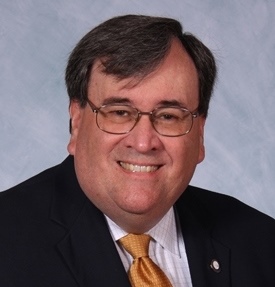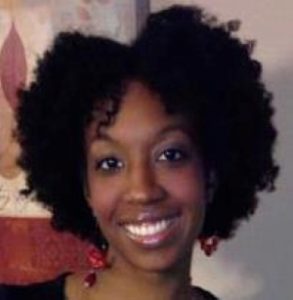The National Council of the United States Society of St. Vincent de Paul is excited to welcome the new International Twinning Coordinator, Valeria Vlasich.
Valeria will focus on managing the International Twinning program. She will continue to connect Conferences and Councils across the United States with Conferences in need in other countries.
Valeria is from Mexico City, Mexico. She attended Sacred Heart School and earned her Bachelor’s Degree in International Relations and Global Affairs from Universidad Iberoamericana in Mexico.
Valeria has always been passionate about nonprofits and volunteering. She was very interested in diplomacy which drove her to take an internship at the Mexican Embassy in Budapest, Hungary.
“I think I’m most passionate about connecting cultures through service and building bridges to connect people instead of separation,” said Valeria. “I love the idea of community and support, and that’s the reason I’m especially excited about joining SVdP.”
She got married in February 2022 and currently lives in St. Louis with her husband.
If you would like to contact Valeria, she can be reached at (314) 576-3993 ext. 225 or by email at vvlasich@svdpusa.org.

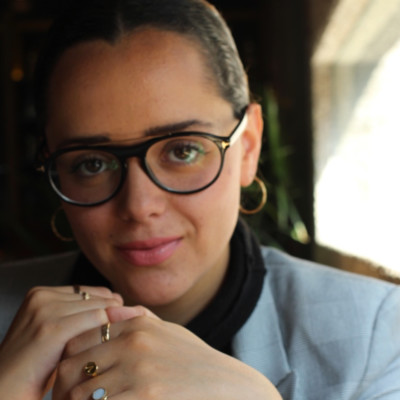
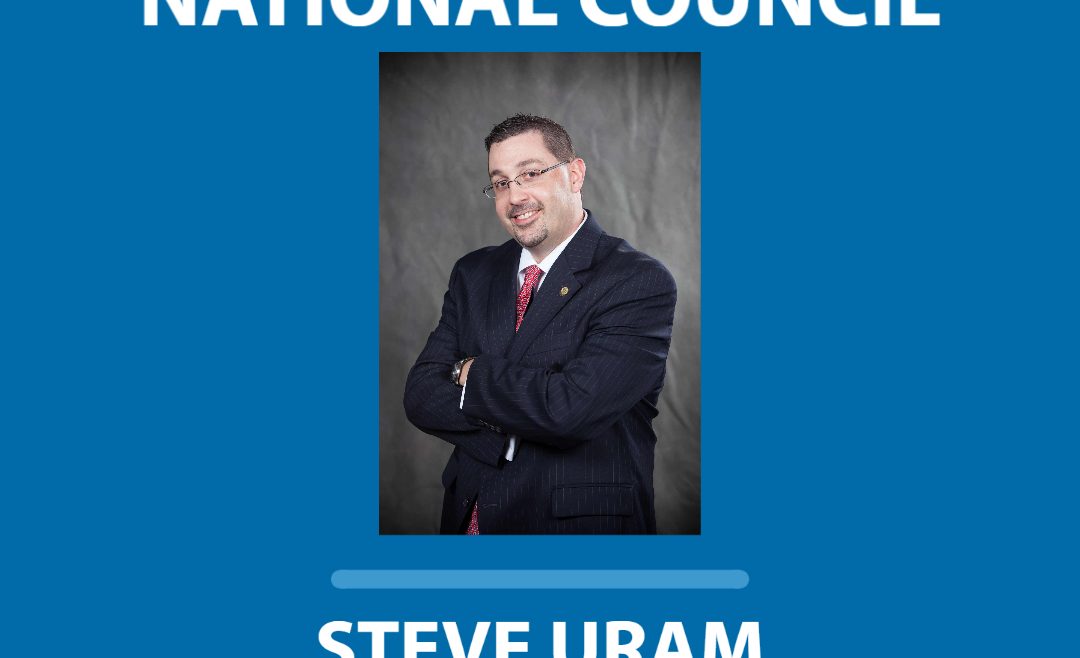
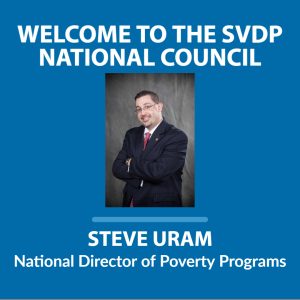
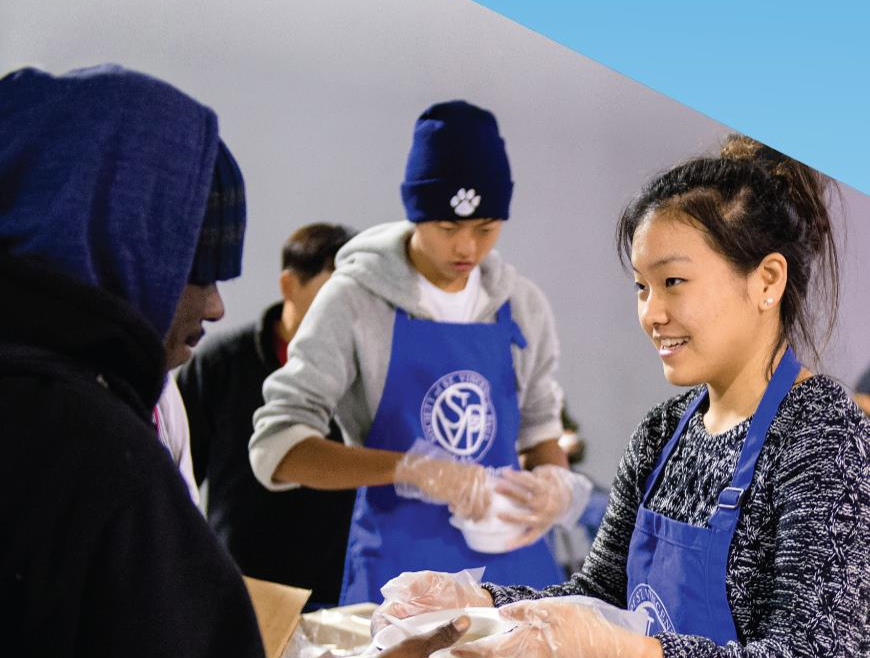

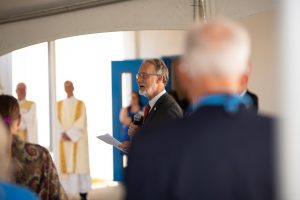
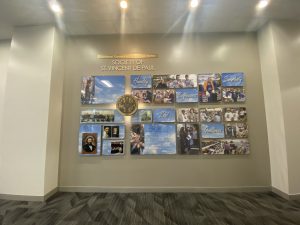
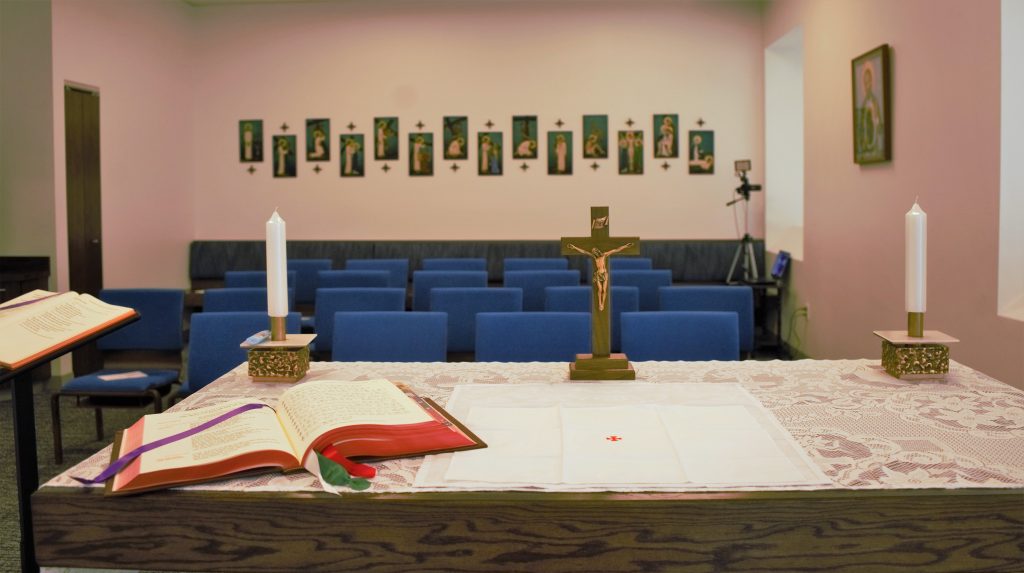
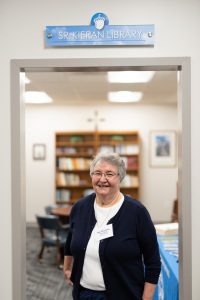 True to the Vincentian value of prudence, the National Council did not use any dollars from member services to purchase the new building, which was funded through the sale of our old building and judicious savings of bequest funds over time. “Our most loyal donors contributed mightily to this day. We thank them,” Middlecamp said.
True to the Vincentian value of prudence, the National Council did not use any dollars from member services to purchase the new building, which was funded through the sale of our old building and judicious savings of bequest funds over time. “Our most loyal donors contributed mightily to this day. We thank them,” Middlecamp said.
